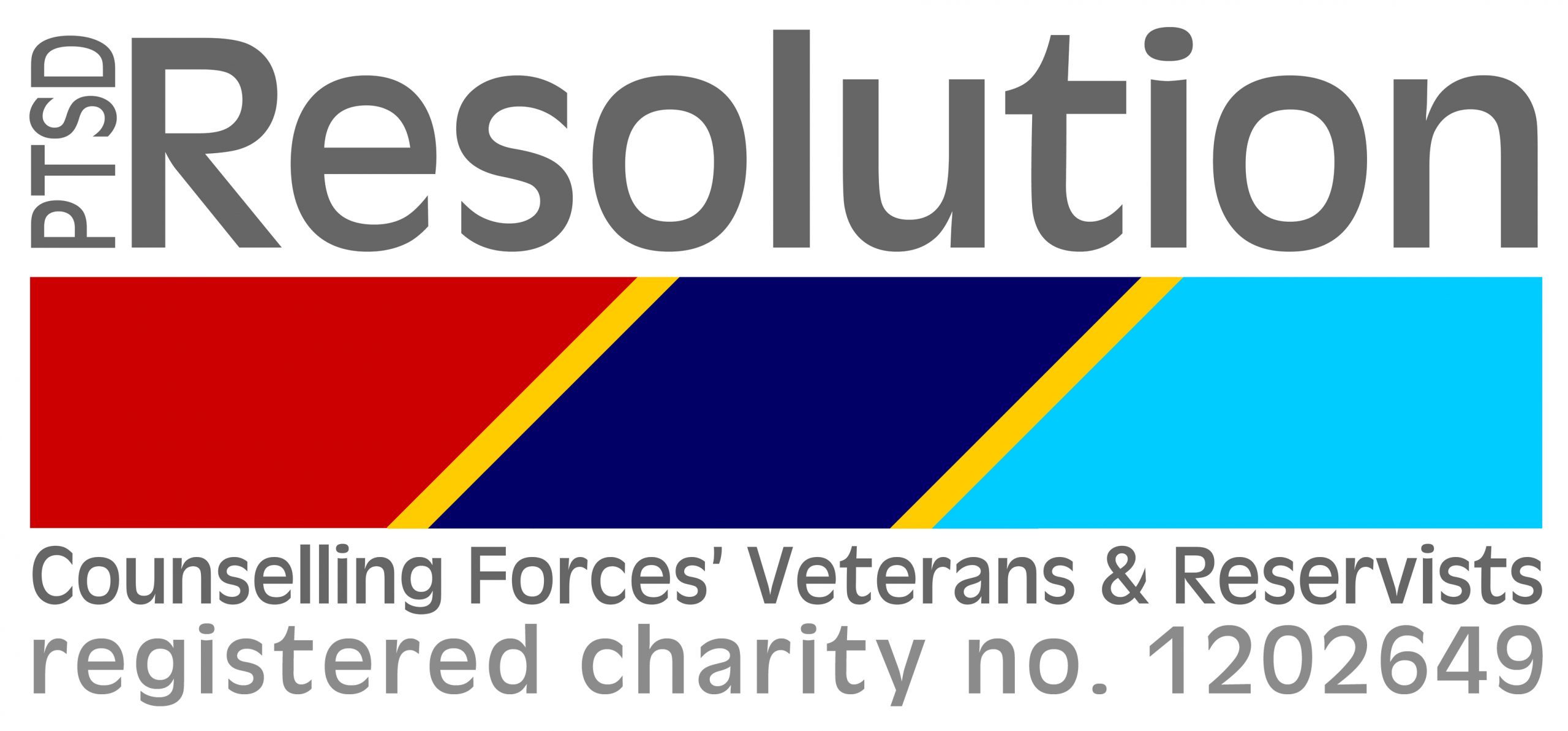Many roles in the security industry attract veterans, who bring valuable skills from their military service. However, this group may be more susceptible to Post Traumatic Stress Disorder (PTSD). Forces’ mental health charity PTSD Resolution is collaborating with professional associations like ASIS UK and the Worshipful Company of Security Professionals (WCoSP) to address the impact of trauma within the security community.
In a groundbreaking study in 2020, Professor Mark Button from the University of Portsmouth shed light on the alarming state of mental health among UK security personnel. The survey, involving 750 security officers, revealed that 40% exhibited symptoms consistent with Post Traumatic Stress Disorder (PTSD).
Additionally, the findings highlighted the frequent threats of violence faced by these individuals, with 43% experiencing such threats at least monthly and 10% on a daily basis. Over 30% reported physical assaults in the workplace annually.
The situation is exacerbated by the escalating violent crime rates, particularly in the retail sector. The British Retail Consortium’s 2024 report indicated a staggering 50% increase in daily violent incidents against retail workers compared to the previous year. This trend not only jeopardises physical safety but also takes a toll on mental well-being.
Despite growing awareness, employers in the sector often lack the resources and professional support to adequately address mental health issues. Unrecognised symptoms can lead to increased absenteeism, declining job performance, and even suicide. To protect those who safeguard public and private spaces, it is crucial to prioritise their mental health needs.
PTSD Resolution, established in 2009, has been instrumental in providing free, effective mental health support to veterans, reservists, and their families. Accredited by the Royal College of Psychiatrists, the charity has handled over 4,000 referrals, offering Human Givens Therapy (HGT) that typically concludes within an average of seven sessions.
The introduction of Trauma Awareness Training for Employers by PTSD Resolution marks a significant step in broadening support for trauma-affected individuals. By equipping company owners, managers, and HR staff with the knowledge to recognise and address trauma, the charity aims to foster more compassionate and informed workplaces.
Graham Bassett, a security recruitment specialist and trustee of PTSD Resolution, emphasises the importance of specialised support and intervention, given the increasing prevalence of PTSD and trauma-related conditions among security staff and veterans.
Veteran’s Experience
Jonathan Thomas, a partner at Assist Security Group (ASG) Protect and an army reservist and former Royal Marine, highlights the unique strengths that veterans bring to the security sector. Their adaptability, problem-solving skills, and resilience, honed through military service, enable them to excel in challenging operational environments. The integration of veterans into civilian security teams introduces valuable perspectives and enhances overall team cohesion.
Mark’s story exemplifies the importance of employer awareness and support. As an army veteran working as a security officer, Mark experienced trauma symptoms following an attempted robbery at his workplace. His manager, Karen, recognised the signs and encouraged him to seek help through the company’s employee assistance programme. With timely access to therapy at PTSD Resolution, Mark learned coping techniques and experienced a significant improvement in his symptoms.
The collaboration between PTSD Resolution and professional associations like ASIS UK, the Security Institute, City Security Council and WCoSP is crucial in addressing mental health within the security industry. By integrating expertise, these partnerships aim to destigmatise mental health issues, promote open dialogue, and ensure a supportive environment for all security personnel.
Letitia Emeana, Chair of ASIS UK’s Board of Directors, emphasises the importance of driving a culture shift across the security sector, encouraging staff to be more open about their mental health without fear of stigma. James Sarson, a police officer and member of WCoSP, highlights the company’s commitment to supporting charities and organisations that provide mental health assistance across various sectors.
By prioritising mental health and fostering collaborations between charities and professional associations, the security industry is taking vital steps to enhance the well-being of its members, improve operational effectiveness, and ultimately contribute to public safety.
If you are affected by any of the issues described in the article, please contact PTSD Resolution.
Contact www.PTSDresolution.org

















